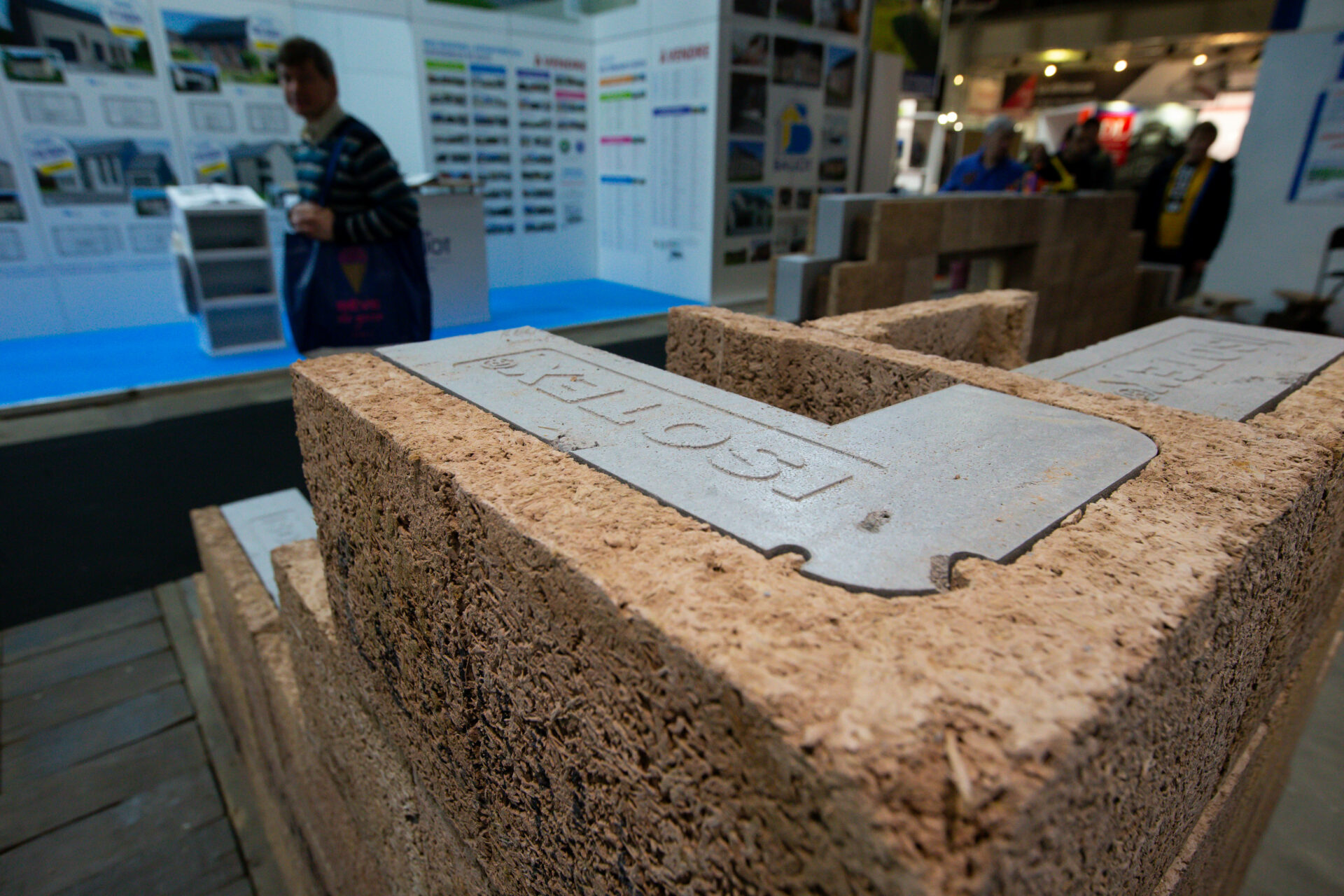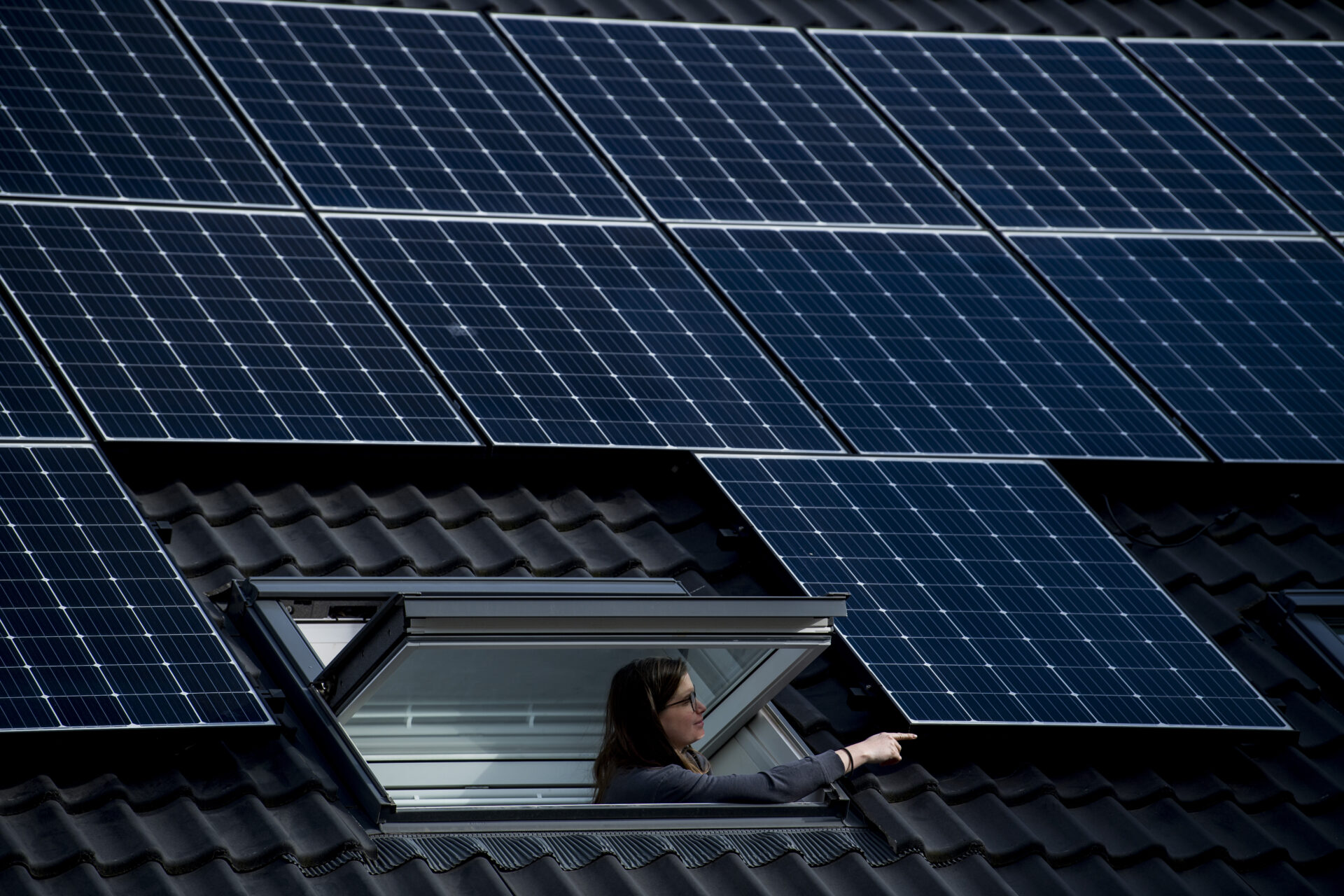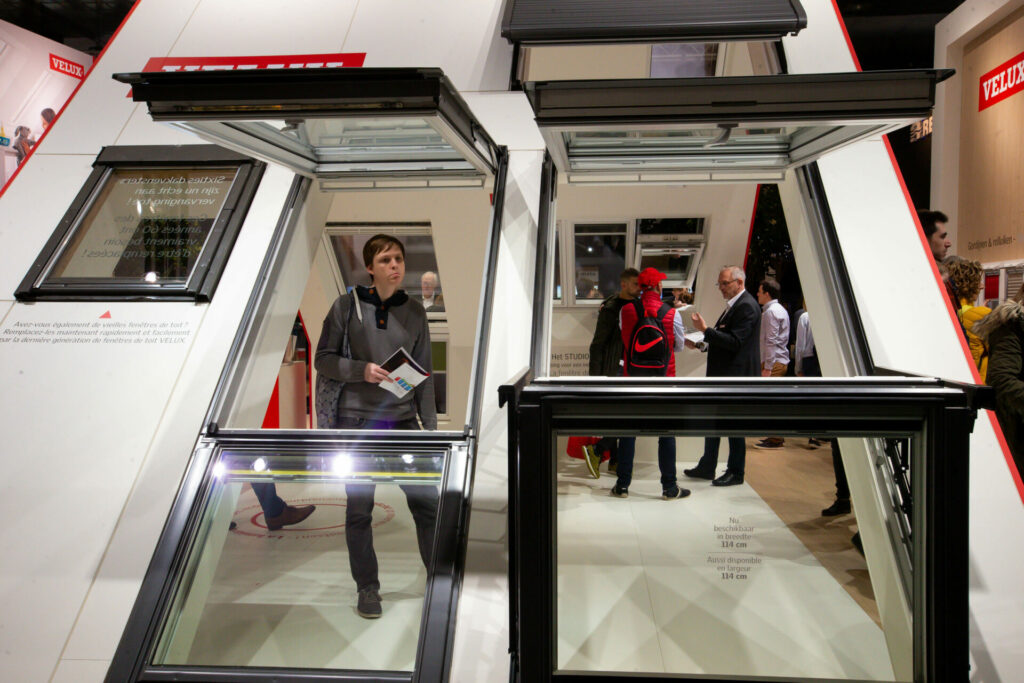Across Belgium, both on a federal and regional level, governments are looking to help people save on their energy bills and reduce emissions from properties. One key part of this puzzle is giving people the ability to renovate their own homes in an energy-efficient way.
Various premiums, grants and allowances for building or renovating homes in this way are awarded by the regional authorities — the Walloon, Brussels-Region and Flemish government — meaning the type of help you will receive depends on where you live.
The interventions and financial help people are entitled to also often depend on their income level, the household's income and the nature of the work carried out.
This can result in a very complicated web of information that can be difficult to navigate. To help you find your way, we've created a guide including the most beneficial help you can receive per region. This includes changes implemented at the start of this year.
Federal level
One of the few measures related to energy-efficient work to homes implemented on a federal level includes the favourable VAT rate (6% instead of 21%) for people who demolish and rebuild a house, which is sometimes the most cost-effective way to make energy-efficient changes to a property. At the start of this year, the Federal Government extended the regime by one year, until the end of 2023.
Brussels
While Brussels is the only Belgian region still awarding green certificates (virtual certificates awarded for a certain amount of energy generated with solar panels, which can be exchanged for money), this support was reduced on Sunday 1 January, as the benefit of investing in solar panels has increased due to rising electricity prices. However, even with the support being lowered, the installation should be paid off within seven years.
As part of its 2023 budget for Renolution, the region's strategy for renovating buildings to reduce their energy consumption, greater attention is being paid to people on the lowest incomes.
The premiums for people with low or average incomes to carry out roof insulation works increased to cover 50% and 40% of the investment, respectively (from €55 to €75/m² and from €45 to €55/m²).

House insulation pictured at the 2020 edition of Batibouw. Credit: Belga/ Nicolas Maeterlinck
Meanwhile, the premium for efficient and low-carbon heating systems such as air-to-water heat pumps will be increased by €250 per household for income groups, while the support for the use of geothermal heat pumps has risen from €4,250 to €5,800 per household that hasn't shared information about their income, while for low and average income households, this amount has further increased by €350.
Low-income households will also be given a premium of €150 per certified dwelling to obtain an energy performance certificate (EPC) before it becomes compulsory. Find out more here. All applications for these energy grants must be submitted via IRISbox, the Brussels Capital Region's electronic counter.
The region also offers the "ECORENO" loan to residents who own or rent a property and want to renovate it (both via energy-saving renovations as well as traditional renovations, or to improve the property in other ways). The region offers financing at 0% or 1% interest for all types of improvements. Find out more here.
Finally, there is one central place where all these measures come together: Homegrade, the advice centre for housing in the region, offers free guidance for renovation projects and works (including insulation, new windows, and heating boilers, for example) and helps people every step of the way, from choosing techniques to the planning, and informs people about the grants and loans available. Find out more information about this assistance here.
Flanders
Starting from Sunday (1 January 2023), homeowners in Flanders will be given five years to ensure their property can be given an EPC label D. This means new owners of homes with labels E or F will be obliged to renovate: people who do not reach the renovation target of at least label D in time will risk receiving a fine of between €500 and €200,000.
The interest-free renovation loan that was previously awarded to people who bought a house with an EPC label E or F, allowing them to borrow extra on top of the mortgage loan for the acquisition of the house, has been transformed into an interest subsidy.
A discount on the interest rate will be given depending on the ambition in terms of the energy label: renovations up to label A will result in a 3.5% discount, for label B 3%, for label C 2.5% and for renovations up to label D, people will receive a 2% discount.
Low and middle-income groups can take advantage of My Rebuilding Premium (Mijn VerbouwPremie), a grant for renovations as well as energy-saving investments (such as roof insulation, wall insulation, floor insulation, high-efficiency glass, heat pumps, etc). The income limits for applications were adjusted on 1 January in line with wage indexations. Applying for this scheme is now possible via an online platform.
Besides this premium, the region’s residents can also apply for the interest-free My Rebuilding Loan (Mijn VerbouwLening) of up to €60,000. This loan can be used to finance renovations that focus both on home quality and improving energy performance.

Premiums and other supportive measures related to solar panel installations have been reduced. Credit: Belga/Jasper Jacobs
When it comes to installing solar panels, the Flemish government halved the premiums given to those who install solar panels on their roof to a maximum of €750 to prevent over-subsidising, as these sources of energy become more profitable as of the start of this year.
The premium, calculated on the basis of the power of the solar panels themselves, amounts to €150 per kilowatt peak (kWp) for installations up to a maximum of 4 kWp and an additional €75 per kWp from 4 to 6 kWp, corresponding to a maximum of €750. The premium, capped at 40% of the investment costs including VAT as mentioned on the invoices, will once again be halved next year, and from 2025, it will disappear.
However, until 31 December 2023, there is a temporary reduction from 21% VAT to 6% VAT on the installation of solar panels, heat pumps and solar water heaters for homes under 10 years old.
Certain households (people entitled to social rates for energy, renting social housing, a lower taxable income) are eligible for a free "energy scan". While this visit from an energy expert focuses on how to save energy, they will also carry out small energy-saving measures and discuss possible energy renovations.
All available premiums based on the work being carried out and the municipality you live in can be found here.
Wallonia
People looking to carry out works to improve the energy performance of their home can receive a home bonus. Following a visit by an auditor who will provide information on what works need to be carried out, a simple grant application can be made. The region's "Ecopak Simulator" helps residents evaluate the benefits of carrying out various works in terms of energy efficiency.
This system consists of two elements. Firstly, the region's Rénopack scheme is a 0% instalment loan to carry out renovation work to improve a home's energy efficiency. The minimum loan amount is €1,000 and the maximum loan amount is €60,000. In certain cases, this gives people the right to premiums.
The amount of the grants depends on a household's income, its composition, the work that will be carried out and to what extent this will contribute to lowering energy consumption. Recently, the mechanism was reviewed to make it more accessible.
This resulted in the temporary suspension of the audit for the replacement of a heating system, increased grants for carrying out an energy audit, and simplified premiums for small renovation works under €3000, meaning no audit is necessary here and allowing people to carry out the works themselves.
Related News
- Belgians borrow en masse in rush for energy-saving renovations
- Belgium launches website with tips to reduce energy bills
In October 2022, the government allocated a total of €1 billion to these measures in recent months to help households to make these improvements with interest-free loans and grants.
As a result of the energy crisis and a rising number of people in the region struggling to afford their bills, the region also set up a helpline (1718), a free number that can be called for all questions relating to the energy situation and the aid provided by the Walloon Region.
The regional government also created a guide to help residents better understand the basic principle of energy-efficient renovations such as insulating roofs and walls and replacing windows and boilers, discussing the different techniques and materials for people carrying out their own work.

